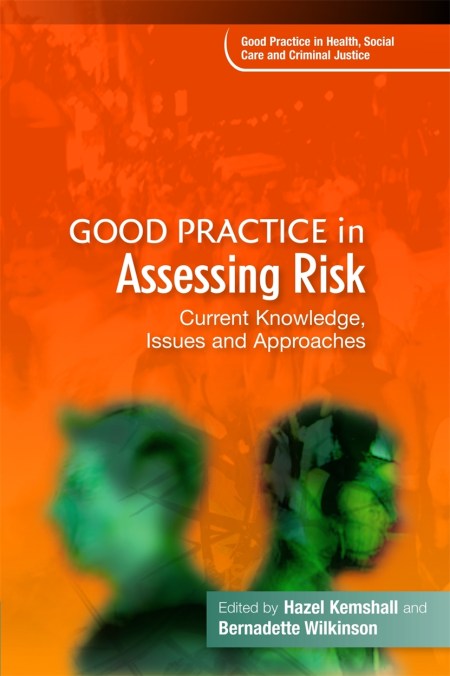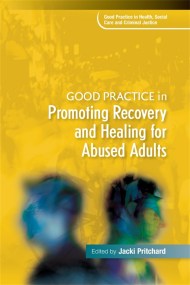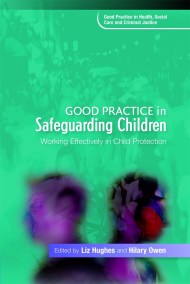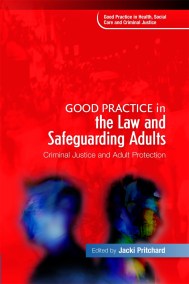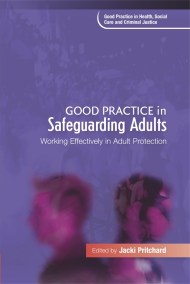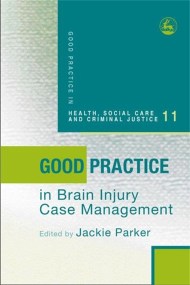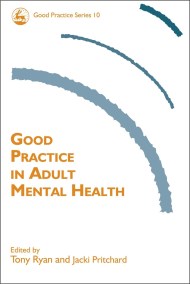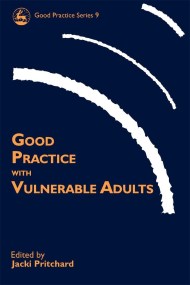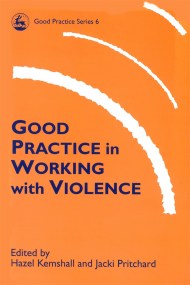Maintaining a balance between managing and assessing risk and upholding the required high standards of practice in health and social care can be demanding, particularly in the current climate of increased preoccupation with the difficult tensions between rights, protection and risk-taking.
Good Practice in Assessing Risk is a comprehensive guide to good practice for those working with risk, covering a wide variety of health, social care and criminal justice settings including child protection, mental health, work with sex offenders and work with victims of domestic violence. The contributors discuss a range of key issues relating to risk including positive risk-taking, collaborating with victims and practitioners in the design of assessment tools, resilience to risk, and defensibility. The book also explores the role of bureaucracy in hindering high quality professional practice, complex decision-making in situations of stress or potential blame, and involving service users in assessment.
This book reflects the latest policy and practice within health, social care and criminal justice and will be an invaluable volume to all professionals working in these fields.
Good Practice in Assessing Risk is a comprehensive guide to good practice for those working with risk, covering a wide variety of health, social care and criminal justice settings including child protection, mental health, work with sex offenders and work with victims of domestic violence. The contributors discuss a range of key issues relating to risk including positive risk-taking, collaborating with victims and practitioners in the design of assessment tools, resilience to risk, and defensibility. The book also explores the role of bureaucracy in hindering high quality professional practice, complex decision-making in situations of stress or potential blame, and involving service users in assessment.
This book reflects the latest policy and practice within health, social care and criminal justice and will be an invaluable volume to all professionals working in these fields.
Newsletter Signup
By clicking ‘Sign Up,’ I acknowledge that I have read and agree to Hachette Book Group’s Privacy Policy and Terms of Use
Reviews
Despite my quibbles about the move to assessing risk rather than needed, this book is well worth reading and digesting.
As a clinician, academic, and someone who works closely with high-risk offenders with complex needs, I would recommend this text for mental health nurses, and I think it provides a good discussion point for staff who want to improve risk assessment and violence prediction within their teams. The book helps the reader to identify areas that could be enhanced in their practice, risk assessment and management plans, and also their organisational policies and support mechanisms.
I would certainly read this book again, keep it as useful reference material and recommend to mental health students or qualified practitioners.
This book is well laid out and readable, enabling the practitioner or manager to quickly assimilate salient facts and approaches which can be applied readily. As a manager and practice teacher, I see many uses for it in both day to day decision making and in helping students develop and awareness of the multifarious nature of risk, risk assessment and risk management processes. Overall, it is a very useful resource for social workers across the spectrum of practice.
